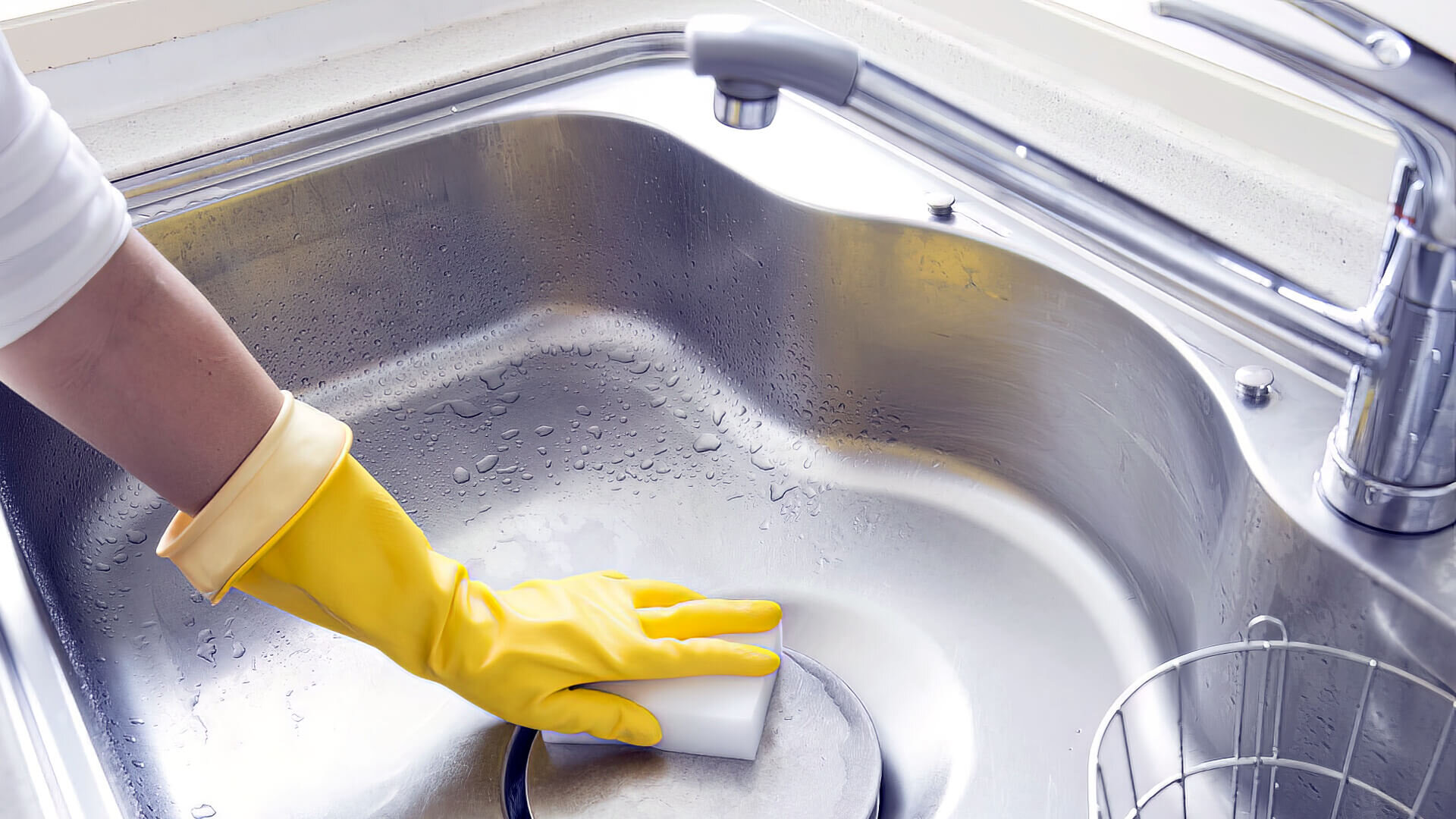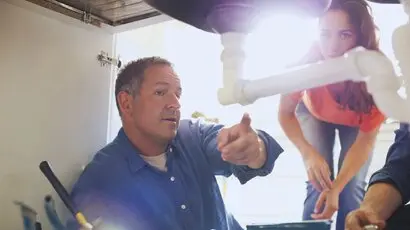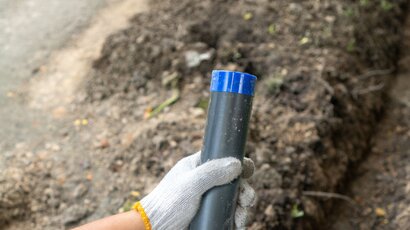Keeping Up With Kitchen Plumbing Maintenance
Plumbing maintenance is essential in keeping your kitchen safe and clean. This guide provides you with all the basic steps necessary to start today!
Are you having trouble with your kitchen plumbing? It might be time for some proper maintenance.

It might seem daunting to keep everything running smoothly, but you’d be surprised how manageable it is. That’s why we’ve put together this guide with all you need to get started!

Leaks can sometimes be challenging to spot, which leads to them being unintentionally ignored for a long time. But ignoring a leak can only cause problems for you in the future. And any water-based appliance in your home is vulnerable to developing a leak.
If you notice that the water pressure has reduced suddenly, there is water accumulation on the floor, your water bill is higher than usual, or there’s a sound of water dripping, chances are there’s a leak.
Apart from creating a mess, a leak can lead to a significant waste of water, adding to your water bill and damaging other nearby structures. So, if you suspect one, call a professional plumber to help you before matters get worse.

Another thing usually ignored in kitchen plumbing maintenance is cleaning the drains. You might have a clog if you’ve noticed a change in the water pressure or if water drains out slower than before.
If you ignore the clog, more gunk and waste will accumulate, making the clog much more intense. It can even cause leaks or pipe bursts, leading to flooding. This is why cleaning the drains is extremely important.
Thankfully, there are many ways to clean a drain line. You can do it yourself by opening the drain, checking for clogs and using a drain snake to remove them. However, you may have to be quite careful if the pipes are too old; otherwise, you can damage them. Consider cleaning your plumbing vent as well to ensure there are no blockages. You can also call a professional plumber to help you do the job efficiently.
If you want to avoid cleaning your drain now and then, you should be careful not to pour things down the drain that will get it clogged. For instance, disposing of grease, paper, hair, or large food particles in the drain can cause it to harden around pipes, eventually leading to a clog that makes water passing through it difficult.
Make sure you dispose of grease and food waste correctly and only pour liquids or other things that would not cause a clog down your drain.
If you’re worried that someone may pour food waste down your drain, you can use a filter. The filter will catch any food particles and only let liquid pass through. Remember that grease is a hot liquid that can still pass through a filter.

It might be hard to take steps to maintain your garbage disposal device, as it looks like a “tough nut” that can handle anything, but that’s not the case. Its sharp blades cannot handle fibrous foods or hard textures, such as that of coffee grinds. So, when you pay attention to what goes down your drain, you should also be concerned about what goes in your garbage disposal.
Ensure you dispose of items your garbage disposal cannot handle in your regular trash cans. This can save garbage disposal from trouble and prevent sewer line repair.
In the case of slow-draining sinks and drains, your initial reaction may be to run to the store and buy a drain cleaner. However, there might be better things to do, as these drain cleaners have many harsh chemicals that can damage the pipes. Instead, opt for a less harmful method like a drain snake, or call your plumber, who can solve the issue effectively.
It’s all right to use these cleaners occasionally, but frequent use can lead to leaks or cause your pipes to corrode and break.
Winters are hard on everything, including your drain pipes, which will be subjected to harsh cold weather when the temperature drops. And if you fail to insulate the pipes, it can cause them to freeze. The freezing then ends up causing a lot of pressure and build-up, leading the pipes to burst, which can be pretty expensive to repair.
To prevent this, you can insulate the pipes by wrapping them with any material or substance that provides insulation, like polyethylene foam, fibreglass and self-seal rubber. This can be done DIY or by hiring professionals, especially if you haven’t done it before.
Keep checking your water pressure when you look for leaks in your kitchen. You can perform a pressure test with a few simple tools. On average, the water pressure of your taps and other devices should be around 40 to 50 PSI.
If the water pressure is any higher than the said amount, your pipes may be subjected to damage, and the joints could weaken, leading to a leak. Similarly, if the water pressure is lower than average, it can be frustrating to use your appliances.
Fluctuating water pressure can be caused by leaks and blockages in your kitchen, affecting the whole house’s water supply. Besides, this issue can damage certain water fixtures and appliances. So, fixing any leaks or blocks is imperative.
Aside from inspecting your water fixtures, it’s wise to call in a professional at least once a year. They can spot issues you might miss, helping you avoid long-term plumbing problems.
Keeping your home in top shape means everything needs to be in order, including your kitchen plumbing system.
If you need professional assistance, WP Plumbing Box Hill experts are here to help. We offer 24/7 service with same-day responses for kitchen plumbing issues like leaking or clogged pipes and faulty garbage disposals.
Regular plumbing maintenance is essential to keep your home’s plumbing system running smoothly and avoid costly repairs. This blog offers expert advice, practical tips, and a step-by-step guide to help you implement preventative plumbing maintenance.
Regular plumbing maintenance is extremely vital for every home. Thankfully, there are various DIY methods to ensure that your home’s plumbing remains optimally functional.
Discover practical, plumber-approved pipe maintenance tips to extend the life of your plumbing system. From routine checks to smart cleaning techniques, this guide covers what homeowners and property managers should know to avoid emergencies and keep water flowing smoothly.


